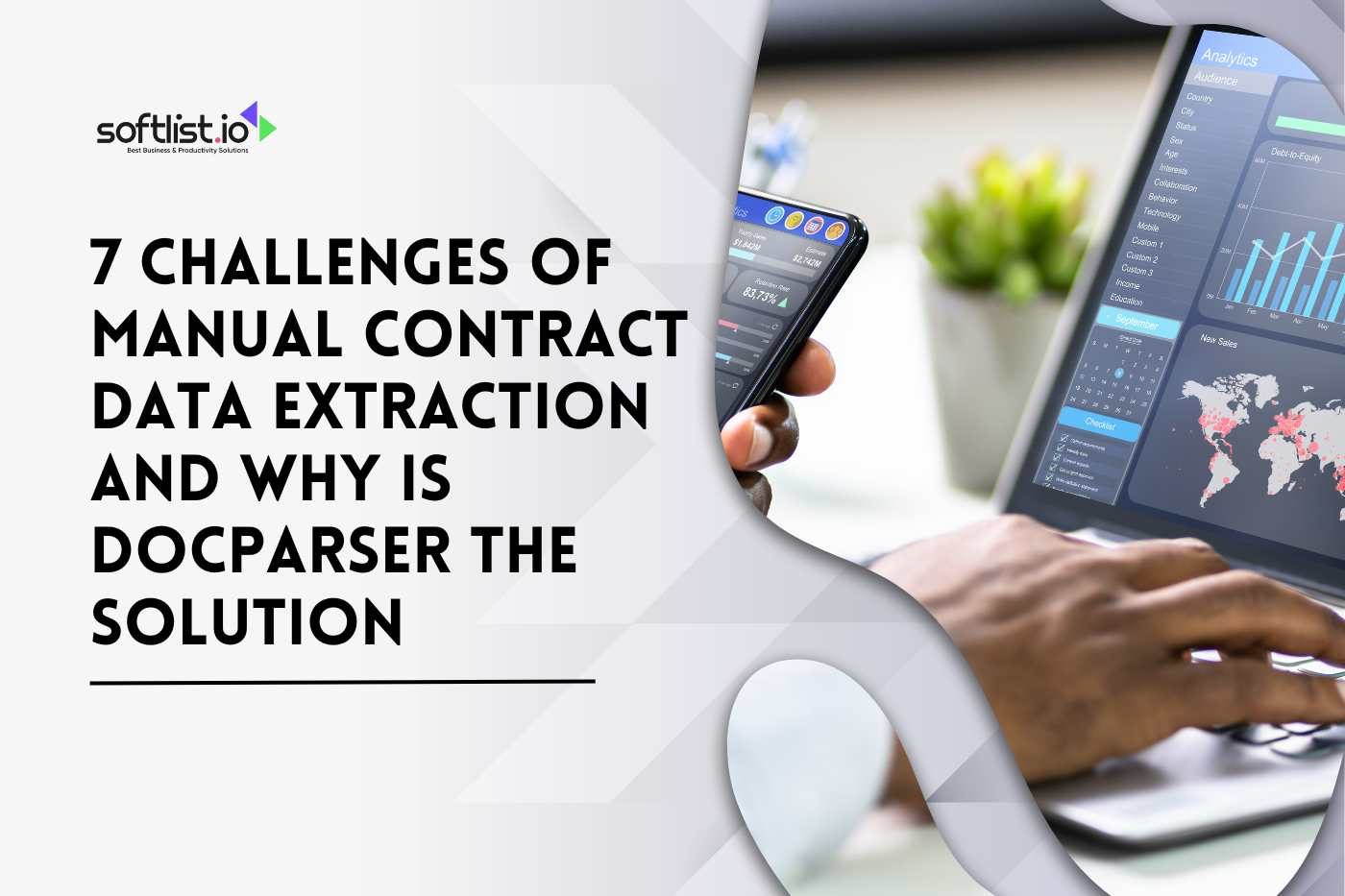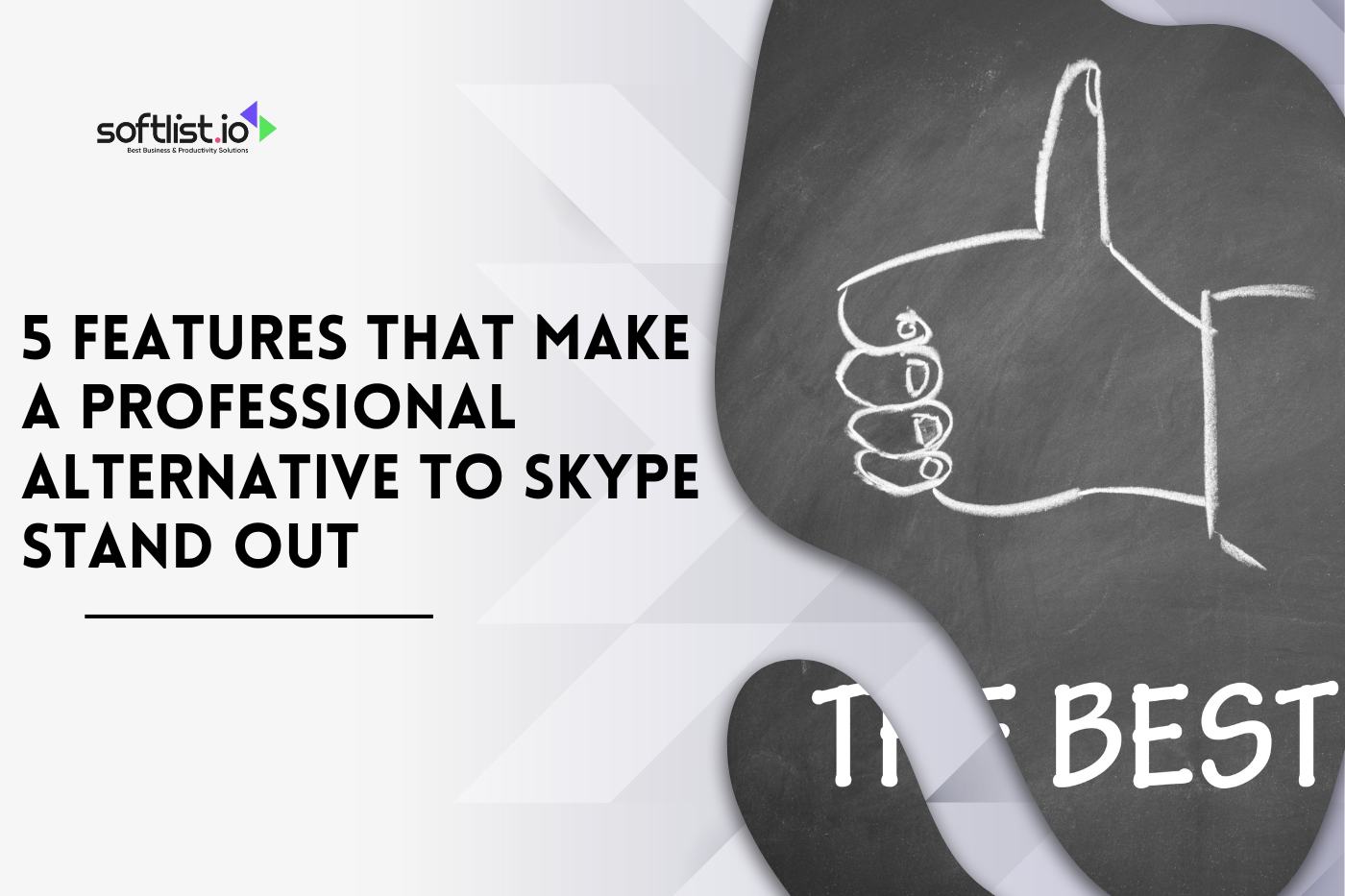Connecting different consumer types with different products is, for many business owners, the most enjoyable aspect of running an online store. For many business owners, the logistical aspects of it all—inventory management, packaging, shipping, tracking, and more—might not be as fun.
You might profit from working with a third-party logistics company if this describes you or if your business has become too big for you to manage your e-commerce logistics operations internally.
What is 3PL, or third-party logistics?
Outsourcing e-commerce logistics operations to a third-party business are referred to as third-party logistics or 3PL. These procedures could involve order fulfillment, inventory management, and warehousing. When you outsource your logistics operations to a third-party logistics provider as an e-commerce business owner, you can concentrate on other aspects of running your company while automating order fulfillment.
What are the different sorts of 3PL companies?
3PL businesses can be divided into the following groups:
Distribution-based:
Until you send them orders, these third-party logistics businesses keep your products. Following receipt of these orders, your 3PL supplier selects things from its inventory, bundles them, and ships them to the receiver.
Based on finances:
These third-party logistics firms are experts in the financial aspects of e-commerce logistics, including freight payment, audits, and the accounting and financial management of inventory.
Using a forwarder:
These 3PL companies prioritize getting your inventory from your warehouse to a mail carrier that handles delivery.
Information-based:
These third-party logistics businesses have an internet presence and are largely concerned with B2B transactions. Their logistics and transportation services are supported by electronic markets.
Dedicated to transportation:
The 3PL teams’ primary objective is moving goods from manufacturing to warehouses and finally to clients.
4PL versus 3PL
Fourth-party logistics, which differs from third-party logistics in that 4PL companies are not directly involved in e-commerce logistics, may also be used as you learn more about third-party logistics.
Instead of managing warehousing, inventory control, and order fulfillment, 4PLs locate a 3PL on your behalf and oversee the 3PL’s operations. They are the fourth party in your e-commerce logistics chain after your business, your clients, and your third-party logistics provider, which is why these businesses are known as 4PLs.
What services do 3PL companies provide?
The most well-known services provided by 3PL providers are as follows:
Alternative Shipping Plans
You may work with your third-party logistics to build up alternative shipment plans far more readily than if you handled logistics yourself in the event that an order is misplaced or won’t reach your customer in time for their demands. With possibly numerous warehouses spread out across the nation, your 3PL provider can swiftly resend an item with expedited shipping for a lot less money than you can.
Diversified Stock
This is the word used in e-commerce to describe stock storage at multiple sites as opposed to a single warehouse. Your third-party logistics supplier can deliver products to consumers from the sites closest to them rather than a distant warehouse because the stock is spread out among numerous locations. Shipping is expedited and cost-effective as a result of this close proximity.
Expedited Delivery
Consider that your e-commerce business only has one warehouse, which is situated in Oregon. In that situation, overnight shipping to Florida is really difficult. Expedited shipment, however, may become more practical because your 3PL provider likely has scattered inventory; it is entirely possible to go overnight from a 3PL warehouse in the Southeast to Florida.
Inventory Control
You should still be aware of which of the products you sell are in stock, almost sold out, or out of stock at any one time even when using a 3PL provider relieves your company of the burden of inventory storage. Without any additional work on your part, your 3PL supplier can monitor your inventory and keep you informed about your stock levels.
Assembling and Kitting
In this procedure, many inventory components are combined to create a single product that will be packaged and sent to the consumer. Your business will save time and money by outsourcing this work to a third-party logistics provider (3PL).
Selection and Packaging
Finding the right things at a warehouse and adding them to a box in a way that is suitable for damage-free shipping are both parts of this process. Picking and packing, as opposed to kitting and assembly, entails the addition of multiple unique products to a package as opposed to the assembling of multiple parts into a single object. In other words, picking and packing don’t include creating a single larger item from several smaller ones, but rather fitting all of a customer’s purchases into their shipment and shipping costs.
Management of Returns
Even those e-commerce businesses that are utterly certain that their products will sell should have strict return procedures in place. You can maintain these policies with the aid of your 3PL provider. On your behalf, it will manage all product returns, creating shipping labels and adding returned goods to your inventory.
Businesses that work with 3PL suppliers and logistics services
You won’t be by yourself if you choose the 3PL route. 90% of American Fortune 500 corporations, according to a 2017 research, employ at least one 3PL company. For instance, the 3PL firm DB Schenker manages the logistics for a number of companies, including Apple, Dell, and Procter & Gamble.
The six small and midsize businesses listed by prominent 3PL company ShipBob on its website—nutrition company Ample Foods, grooming company BAKblade, apparel companies Brummell and Iloveplum, CBD company Nature’s Ultra, and deodorant company PiperWai—are just a few examples of businesses outside the Fortune 500 that frequently use 3PL services.
Best third-party logistics providers
There are numerous 3PL suppliers, however many of them cater to Fortune 500 corporations. Nevertheless, several 3PL organizations or third-party logistics companies that Fortune 500 companies use provide services suited for SMBs as well. The first three service providers and fulfillment centers on the list below fulfill this description, although the last two would be better suited for small and medium-sized businesses. You must always get a quote from the business before starting an account.
Robinson, CH
A freight and supply chain third-party logistics company called C.H. Robinson manages logistics for tens of thousands of clients, including well-known brands like Microsoft and Lowe’s. Although its other services might be better suited for large organizations, its truckload and less-than-truckload (LTL) services can be great for SMBs. For additional information and to request a quote, view C.H. Robinson’s complete list of services.
Schenker, DB
In the same way that C.H. Robinson offers part- and full-load services that may be useful to SMBs while still serving Fortune 500 corporations. Additionally, it offers the company’s proprietary Smartbox technology, which the business or fulfillment services claims provide more transparent, real-time tracking than any of its rivals. To learn more and request a quote, go to DB Schenker’s page on land transport services.
Kuehne+Nagel
With the help of Kuehne+Nagel’s LTL services, e-commerce businesses can more effectively buy stock, give their clients accurate shipping quotes, track and document shipments, and make the switch from manual cataloging to digital inventory management. Read the Kuehne+Nagel brochure or get in touch with the business for a quote to learn more.
ShipBob
With the help of ShipBob, e-commerce companies may take advantage of quick, cost-effective shipment. Your demand for receiving, storage, picking, and packing, as well as typical packaging and shipping services, is the basis for the company’s quotes. For further details, go to ShipBob’s price page. If you’re interested, get in touch with ShipBob for a quote.
Almost Any Warehouse
A 3PL reverse logistics company called Warehouse Anywhere is the owner of over 10,000 warehouses. It provides delivery, multi-user, real-time inventory tracking, online and mobile warehouse, and inventory management capabilities as well as comprehensive controls over warehouse leasing.
Warehouse Anywhere prominently lists its plan levels and features on its website, in contrast to many other 3PL providers. According to the firm, its Core+ plan is ideal for managing storage assets, Pro, which is its most popular tier, and Enterprise are best for managing both inventory and storage assets, while Lightspeed is best for managing e-commerce. But if you’re interested, you’ll still need to get in touch with Warehouse Anywhere for a price.
Conclusion
By this point, working with a 3PL provider or logistics industry may seem like a no-brainer because it may help your firm save time and money while allowing resources to be devoted to product development, marketing, and company expansion.
The alternatives, however, can appear limitless when selecting a 3PL firm to manage order fulfillment for your online store.
It’s crucial to choose a fulfillment firm you can rely on to manage your inventory, offer a satisfying client experience, uphold a high level of customer happiness, and ultimately assist you in expanding your business and inventory management software.
This guide will assist you in better understanding third-party logistics, including how they operate, the finest 3pl, and their benefits and drawbacks.
FAQ
The importance of third-party logistics and Inventory Management
It can be time-consuming and expensive to handle product packaging and shipping on your own. E-commerce stores must provide quick and inexpensive shipping if they wish to compete, especially in light of Amazon’s expanding influence on the retail sector. Supply chain management specialists, or 3PLs, assist these businesses in streamlining the shipping process to save costs and improve logistical performance.
What distinguishes a 3PL from a freight forwarder?
To transport goods from one location to another, a freight forwarder arranges with a variety of carriers using air, rail, or highway transportation. While managing contacts and crucial shipping processes, such as negotiating freight adjustments and creating shipment documentation, freight forwarders do not actually move the freight. They serve as a conduit between shipping corporations and carriers. The entire supply chain is managed by 3PLs, including picking, packing, warehouse storage, and delivery.
When ought a 3PL be used?
It could be time to think about partnering with a 3PL firm if your online store has grown quickly in the past year. Companies frequently work with a 3PL when they wish to grow their business without having to construct and operate their own internal warehouse. Instead, they will want to use a 3PL company’s expertise to manage all shipping logistics.






